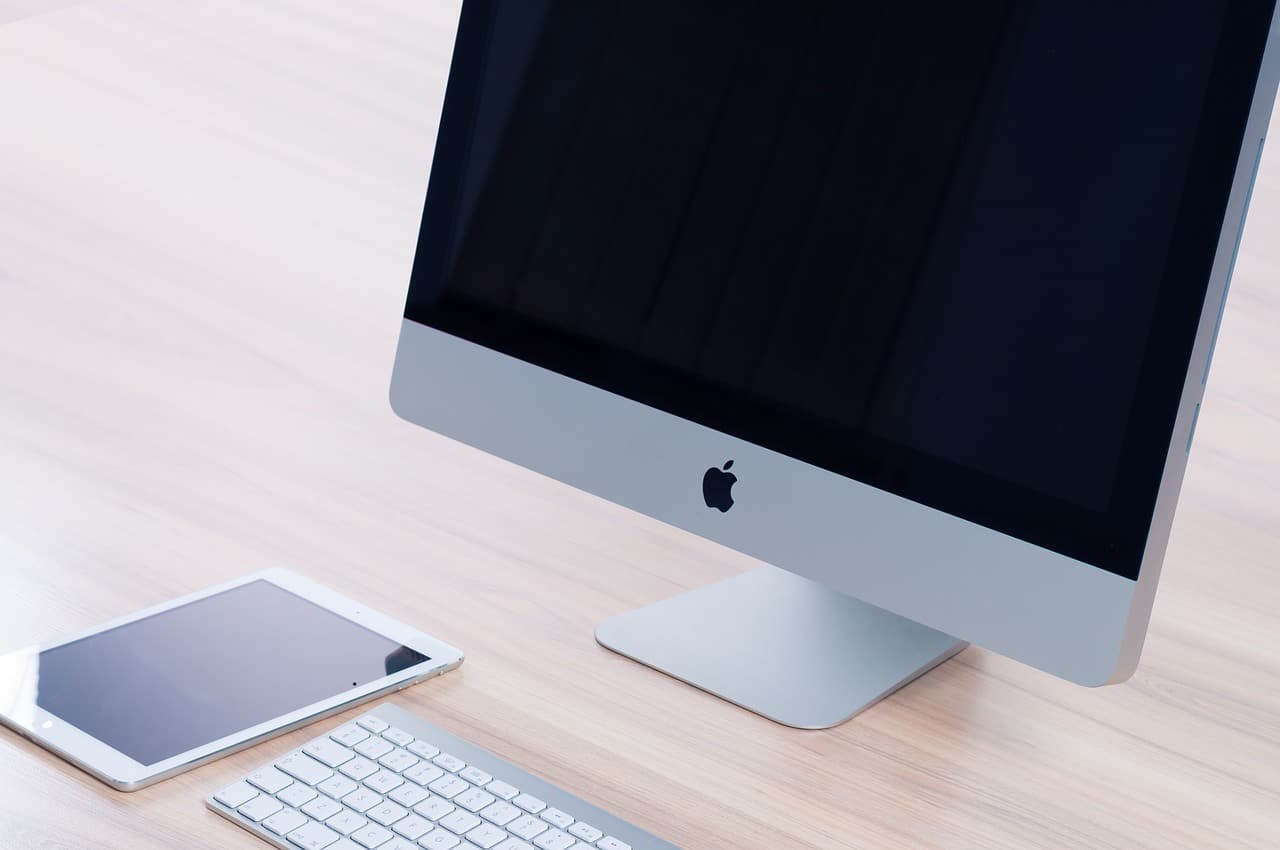Going paperless seems like a good idea in theory. It’s a concept that’s been floating around since the early 1960s when people were introduced to the possibility of reading text on a digital screen for the first time, but until recently, it hasn’t been seen as totally feasible. We have many technologies that could hypothetically replace the need for paper, but there are still some unanswered questions and some uses for paper that make it hard to finalize a full transition.
So let’s take a look at the practicality of the strategy — is the technology available to the average entrepreneur good enough or complete enough to allow for a fully paperless office?
IMAGE: PIXABAY
Benefits Of Going Paperless
Getting rid of all the paper you and your employees use has multiple important benefits:
- Saving money. Thanks to the prevalence of competitive online providers, the costs of printing and paper, in general, have plummeted. Still, paper-related products can eat up a significant chunk of your company’s office expense budget. Going paperless could feasibly save your company hundreds to thousands of dollars a year.
- Helping the environment. One of the most frequently touted benefits of going paperless is improving your environmental impact; using less paper means you’ll be responsible for the deaths of fewer trees, as well as the environmental side effects of production and transportation of paper goods.
- Reducing clutter. Getting rid of the paper in your office means you’ll need less overall space; you’ll get rid of the old filing cabinets and storage areas, which could mean a cleaner overall office space or a smaller one that costs less money.
- Improving security. Any company information left on a printed piece of paper is a security vulnerability for your company. Shredding consistently can help you avoid those vulnerabilities, but can’t eliminate them entirely. Going paperless can, therefore, improve your overall security.
Logistical Hurdles
Communications technology is abundant and cost-effective, negating the need for almost any paper-based communication. Digital records and data storage have superseded the need for paper-based recordkeeping in a similar vein. It seems that we have the tech to stand in for almost every use of paper in the office, but consider the following logistical hurdles you’ll likely face when going paperless:
- Client expectations. What happens if you find out one of your clients is adamant about receiving invoices via mail? Do you make an exception for them, or fire the client because they refuse to budge? No matter how much you want to go paperless, it’s not going to be a priority for all your clients and partners. Navigating the hurdles here requires compromise, and sometimes inventive solutions to prevent a loss.
- Legacy systems and habits. There are many systems and habits already in place that require the use of paper for completion. For example, you probably have hundreds to thousands of paper-documented jobs in your records; you could spend the time it takes to digitally scan-in all those records, but it’s going to be a confusing, jumbled mess for the duration of that period. Additionally, most of your employees are going to have habits and preferences that revolve around paper; for example, some may want to continue taking notes with pen and paper, rather than on a digital device. Are you going to force them to change?
- Disposable goods. Paper isn’t just used for documentation and communication; think about all the ways you use paper for disposable goods in the office. Do you have the technology necessary to replace paper cups or paper towels? What about toilet paper? Even the most “paperless” offices still must make some compromises when it comes to secondary paper goods, though this might extend beyond your personal definition of “paperless.”
So is our technology sufficient enough to allow for a paperless office? The straightforward answer is yes—and there are many examples of entrepreneurs who have successfully done it. However, that doesn’t mean that going paperless is easy, or that it’s accessible for every entrepreneur or every business. If you want to start seeing the benefits of going paperless, you may have to resort to a “partially paperless” model.
If you are interested in even more technology-related articles and information from us here at Bit Rebels then we have a lot to choose from.


COMMENTS